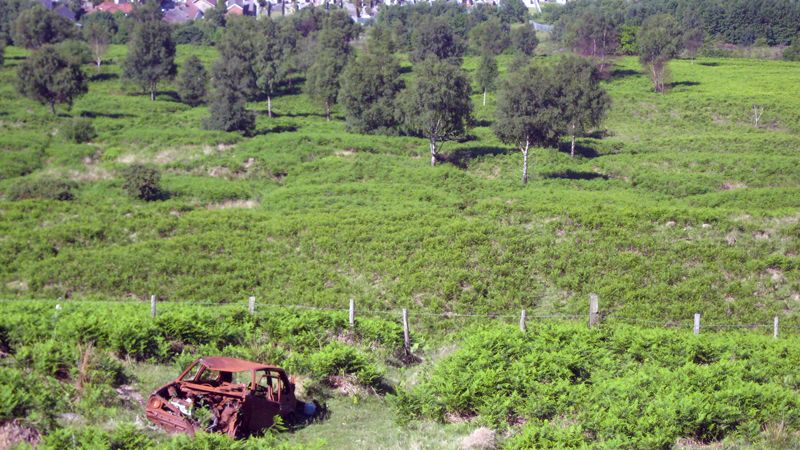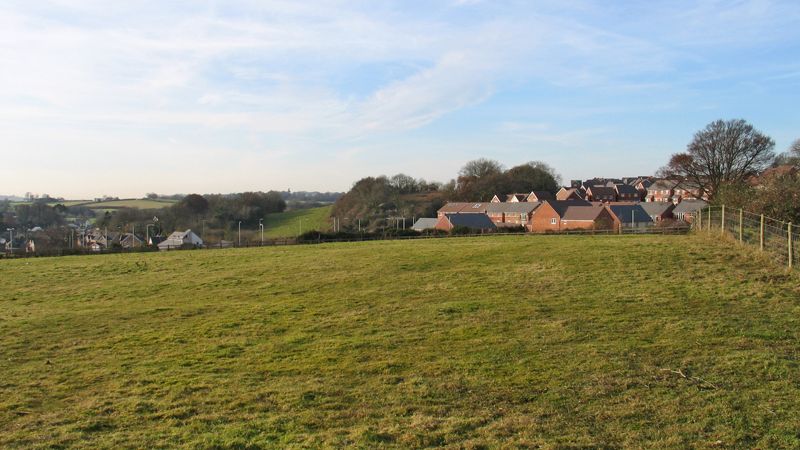The WG position is that Wales needs more housing. Sometimes, land identified as suitable for building is not built on, or is not built on as quickly as needed. It is exploring whether a new tax to increase the cost of holding vacant land could encourage the building of new homes and increase commercial development. The intention is not to raise revenue, but to pay for administration of the tax and bring forward land for development.
The levy is likely to target any undeveloped land that has planning permission, brownfield sites, or land identified within a Local Development Plan for housing or commercial development, although this has yet to be clarified. It is not clear whether small or individual plots of land, or agricultural land and buildings would be captured, or whether the levy would be aimed at large development sites. However, the Cabinet Secretary said that it would be appropriate to apply VLT to everyone who owns land. This includes the public sector, which accounts for up to 40% of vacant land. It would be necessary to establish who would be eligible and who would be exempt.
Land banking is not considered to be particularly prevalent in Wales, as shown by the JRF Housing Commission research. There are many reasons why land may not speedily progress to the development stage. Large scale builders often have a number of sites in the pipeline which would not be viable to develop simultaneously. Sometimes there are circumstances which are out of the control of the developer, such as skills or labour shortages, delays in utilities connections, lack of suitable infrastructure, and even access to finance, particularly for smaller builders.
Planning authorities, already overstretched, would need training as VLT would fall within their remit. Even then it is not clear if they would have the skillsets required to calculate the complex VLT liability on the development value of large sites. Careful consideration would also need to be given to the application of the tax: Wales’s diverse geography has a bearing on regional development viability, so VLT ought to be adjusted accordingly in order not to have an adversely negative impact on some areas. Conversely, at a national level, VLT would ideally need to be applied uniformly to allow for a consistent tax framework.
Elizabeth Hill, Director at Cooke & Arkwright commented, “Precise valuation of development land is already complex. It is necessary to fully understand the cost implications of ground conditions, ecology, density, planning contribution and any third party interests. Moreover, timing has a huge implication on value due to the cost of holding the land. It will be very difficult for Welsh Government’s surveyors to value raw land where these technical issues have not been fully investigated.
“We are aware of situations where both public and private sector clients may be perceived to be holding land that on the face of it could be brought forward for development. In fact, the landowner is actually working hard behind the scenes addressing issues such as access, capacity of off-site utilities, or finding technical solutions to site-specific ground conditions.”
Andrew West added, “There is concern that if this potentially complex and bureaucratic tax is introduced, it could deter investment or drive it over the border to England where there would be a more consistent planning and lower tax regime. It could also act as a deterrent to land being brought forward in the first place, so reducing supply.”
Related links:
Michael Lawley, Cooke & Arkwright’s Chairman, released an in-depth commentary in February when the proposal was first announced.



